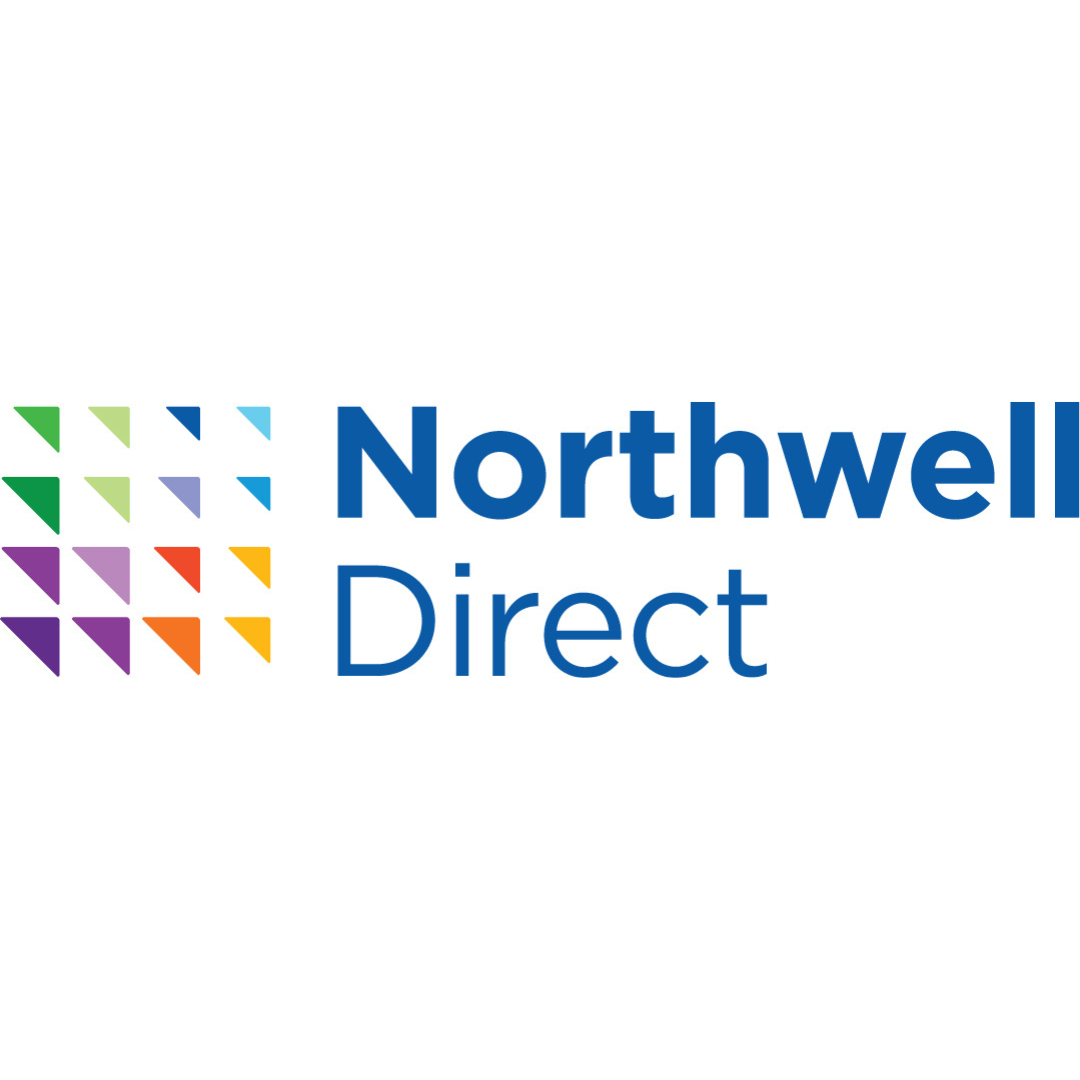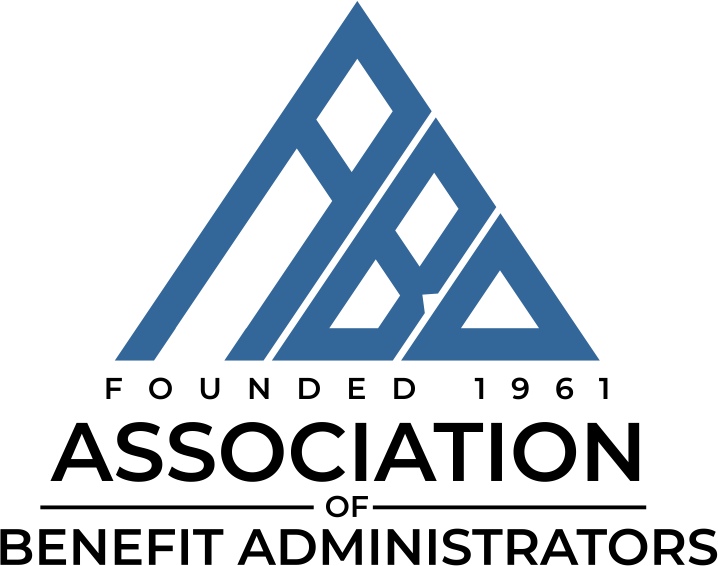
If you keep a close eye on your credit score, you’ve probably noticed it has a tendency to fluctuate. That’s because consumer credit scores are based on a number of complex factors and behaviors. They’re also subject to specific credit scoring models the credit bureaus use to evaluate a borrower’s creditworthiness. If you notice your score rising or falling a few points, it’s usually nothing to worry about—especially if you’ve been managing your credit responsibly.
However, if your credit score dropped significantly, you should find out why, as it may be a more critical issue. Credit scores can drop for a variety of reasons—missed credit card or loan payments, an unusually large purchase, or an application for a new line of credit, to name just a few. Understanding what factors impact your credit score can help you avoid unexpected score drops and keep your credit healthy.
7 Potential Reasons Your Credit Score Dropped
An unforeseen dip in your credit score can be a frustrating head-scratcher. You may think you’ve been managing your credit wisely, only to discover a sudden dip.. This can happen for a number of reasons.
1. You have late or missed payments.
Of all the factors that influence your credit score, your payment history has the biggest impact. If you have one or more payments that are over 30 days late or that you’ve missed entirely, your score will almost certainly take a hit.
2. Your credit card balances are higher than usual.
The more of your available credit you use, the higher your credit utilization ratio will be (i.e., the total amount you owe divided by the total amount of credit available to you). If you’ve been using your card frequently or you’ve made any recent large purchases, it will cause your credit utilization (or credit usage) to go up, which can cause your score to go down.
3. You applied for new credit.
Any time you apply for new credit—whether it’s a credit card, personal loan, auto loan, or mortgage—the lender will perform a credit check known as a “hard inquiry.” If you have an established credit history and no other recent inquiries, your score will typically only drop by a handful of points and will bounce back in a few months. However, if you’re new to credit or have applied for multiple credit accounts within the last year, the hard inquiry could have a bigger impact on your credit score.
4. You closed a credit card account.
It may seem intuitive to close an old credit card account you don’t use much, but this can actually cause your credit score to drop. Why? Because maintaining old accounts shows lenders not only how long you’ve been using credit, but how long you’ve been using it responsibly. In addition, closing an old account lowers your total amount of credit, thereby raising your credit utilization.
5. You cosigned on a loan.
The mere act of cosigning on a loan doesn’t negatively impact your credit score. However, if the primary account holder has missed or late payments, your credit score will also be impacted. In addition, cosigning means you’re incurring whatever debt the primary account holder has incurred. Remember, to protect your credit now and in the future, only serve as a cosigner on accounts with those who have a solid repayment plan in place.
6. You paid off a loan.
When you pay off a personal loan, your lender reports the payoff and stops sending the credit agencies monthly updates about your account. If the loan was your only installment account, it could ding your credit because you may now have a less diverse credit mix. However, if you made on-time payments and your account was in good standing when you closed it, the drop in your score will only be temporary. On the other hand, if you missed payments, it may have a longer-lasting negative impact.
7. You’re a victim of identity theft or fraud.
Fraudsters who get ahold of your personal financial data can do a number on your credit. If you discover that you’re a victim of fraud or identity theft, contact the credit bureaus immediately and place a fraud alert on your credit report. You may also want to put a lock or freeze on your reports. You should also be aware that even though laws exist to help protect financial victims, you may still have to fight fraudulent charges. At a minimum, close any accounts you’ve identified as being compromised, report the fraud to the police or Federal Trade Commission, and monitor your credit closely.
7 Ways to Improve Your Credit Score
When it comes to improving your credit, your most valuable resource is knowledge. The better your understanding of the factors that influence your score, the better equipped you’ll be to take the right steps to protect and improve it.
1. Pay your bills on time, every time.
Your payment history is the most important factor in determining your credit score, and even one missed payment can make your score drop. To avoid missed payments, enroll in autopay so you’ll never have to worry about forgetting to pay a bill or missing a due date.
2. Reduce your credit card spending.
Your credit utilization has the second biggest impact on your FICO credit score, accounting for 30% of your total. To lower your credit utilization, cut back on your credit card spending and try to pay off all (or as much) of your balance as you can each month.
Although minimum payments are certainly preferable to missed payments, they won’t help improve your credit utilization rate. Bigger payments will reduce your balance faster, help you save on interest, and help you quickly improve your credit score. The lower your credit utilization the better, but try not to exceed 30% of your available credit.
3. Keep old accounts open.
A portion of your credit score is determined by the age of your credit accounts. Although the length of your credit history is less significant than your payment history or credit utilization, it’s still an important factor because it shows card issuers and other lenders that you have a solid history of managing credit. Unless you’re paying a pricey annual fee, it’s better for your credit score to leave your old accounts open.
4. Spread out new credit applications.
Hard inquiries stay on your credit report for two years, but shouldn’t impact your credit score after one year, according to Experian.. If you have multiple inquiries in a small amount of time, it could raise a red flag for lenders.
There is an exception. If you’re shopping around for the best rates for a mortgage or large personal loan, any application you make in a short window — such as 14 days for a mortgage loan — will only impact your credit score once. The credit bureaus understand rate shopping is financially frugal, and don’t penalize you for comparing offers.
5. Refinance or consolidate your debts.
Sometimes, despite your best efforts, your debt can become too unwieldy to manage on your own. But don’t worry—you have options. There are several types of loans that can help you get a handle on your debt:
- A credit card consolidation loan allows you to combine credit card debt from multiple high-interest cards into one lower-rate loan.
- With a debt consolidation loan, you combine debt from multiple credit cards plus any high interest loans into one lower monthly payment.
- If you opt for a balance transfer loan, the entire balance on a credit card or loan is transferred to a loan with a lower interest rate.
LendingClub Bank offers all three of these options with fixed rates and terms. Not only can they help you save money when paying down your debt, but they can also help you pay it down faster—a win-win for your credit score.
6. Report any credit report inaccuracies.
Wrongly reported information on your credit report can cause your score to plummet, even if you’re doing everything right. The best way to avoid any major damage due to inaccurate reporting is to check your credit report regularly. Through April 2022, you’re entitled to free weekly credit reports from the three major credit bureaus, Equifax, Experian, and Transunion, which you can request online for free at AnnualCreditReport.com. If you find errors, report them to the three major credit bureaus immediately.
7. Try these savvy credit hacks.
Taking a few strategic actions can also help you boost your credit score:
- If you’re planning to apply for a car loan, mortgage, or even a credit card, consider doing it right before or immediately after you pay off your personal loan or joint personal loans, before the installment payments disappear from your credit report.
- If you must make a large purchase on credit, consider using a personal loan instead of a credit card (where there’s a greater risk of carrying a balance).
- A lesser-known way to lower your credit utilization rate and boost your credit score is to simply ask your creditors for a credit limit increase. Although there are no guarantees, many creditors are willing to do this, particularly if you’ve had your card for a while. Just remember that in order for this strategy to work, you still need to keep your spending low.
Why Did My Credit Score Drop FAQs
Why did my credit score drop for no reason?
Credit scores frequently fluctuate. To avoid being blindsided, get to know all the factors that impact your credit score and monitor your credit regularly for fraud and inaccuracies. There are free credit monitoring tools, apps, and services now available to consumers. For example, many credit card providers offer access to at least one credit report and credit score for consumers.
Why did my credit score drop when my balance decreased?
Although paying off debt is always a good thing, your credit score is a complex formula that can be impacted by both positive and negative behaviors. For example, closing an account may impact your credit mix, which might cause a dip in your score. Don’t be discouraged. If you continue to manage your credit wisely it will bounce back over time.
Why did my credit score drop after getting a credit card?
When you apply for new credit, it triggers a hard inquiry on your credit report. If you’re new to credit or have applied for multiple credit accounts within a short period of time, the hard inquiry can have a significant impact on your credit. Spread your credit card applications out to avoid this in the future.
Blog by:
Why Did My Credit Score Drop? [10 Possible Reasons] (lendingclub.com)






























